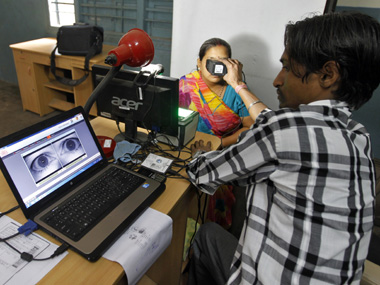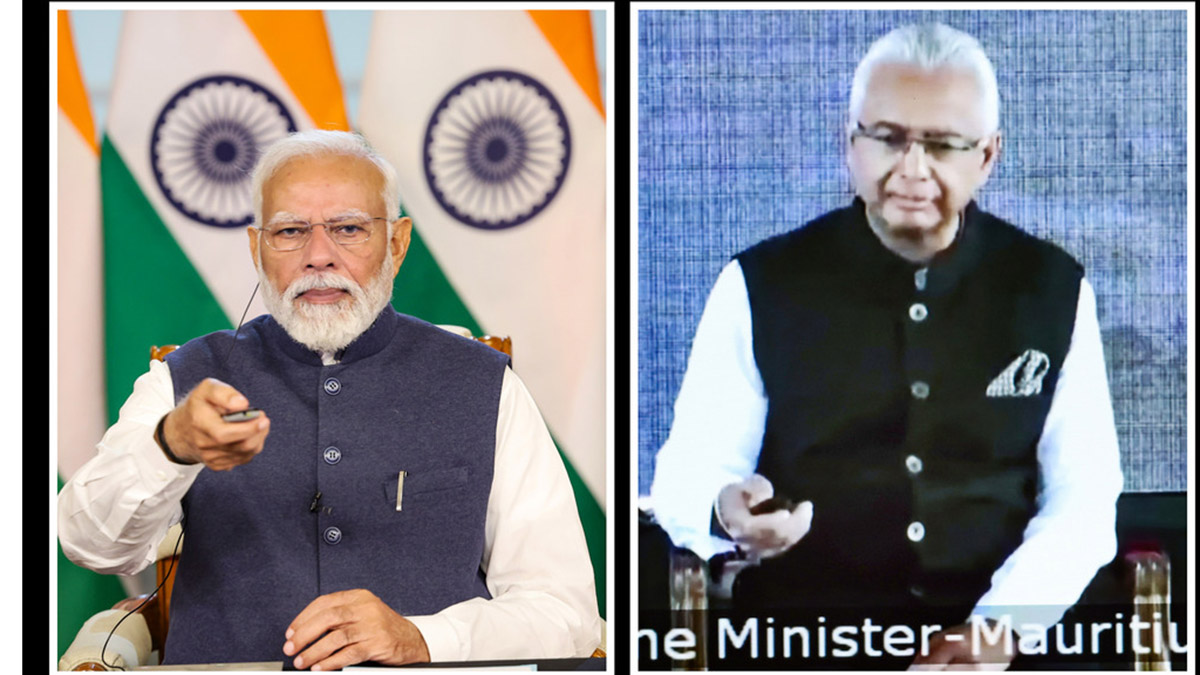By Gyanant Singh
Aadhaar is not mandatory but we hardly have a choice with government subsidies, benefits and services being made subject to possession of the biometric identity card.
The Aadhaar (Targeted Delivery of Financial and Other Subsidies, Benefits and Services) Bill, 2016 — after it receives assent from the President — will empower the government to invade our privacy by virtually taking away from us the freedom to decide whether to share or not to share our personal biometric information.
Ironically, the proposed law makes Aadhaar voluntary but at the same time takes away the choice by making the unique identification number mandatory not just for availing subsidies but even for government facilities and services which no resident of the country can avoid.
Instead of stating in clear terms that every resident shall obtain an Aadhaar number, Section 3 gives a right to residents to obtain one. Section 3(1) states: “Every resident shall be entitled to obtain an Aadhaar number by submitting his demographic information and biometric information by undergoing the process of enrolment”.
Section 7, however, shows that the right (referred to as entitlement in section 3) is basically a duty as residents are left with no choice but to opt for Aadhaar by allowing the government to collect, preserve and use biometric data. Section 7 reads: “The Central Government or, as the case may be, the State Government may, for the purpose of establishing identity of an individual as a condition for receipt of a subsidy, benefit or service for which the expenditure is incurred from, or the receipt therefrom forms part of, the Consolidated Fund of India, require that such individual undergo authentication, or furnish proof of possession of Aadhaar number or in the case of an individual to whom no Aadhaar number has been assigned, such individual makes an application for enrolment”.
Thus, government subsidy, benefit or service is subject to a resident: (1) undergoing authentication (a process which as per section 2(c) presupposes existence of Aadhaar); or (2) furnishing proof of possession of Aadhaar; or (3) making an application for Aadhaar if the beneficiary does not have one.
Though there is a Proviso to section 7 which talks of an offer for “alternate and viable means of identification for delivery of the subsidy, benefit or service”, it is only for residents to whom “an Aadhaar number is not assigned”. The language makes clear that a resident, however, will not have a right not to opt for Aadhaar and seek the benefit of alternate means of identification. Doubt, if any, is removed with the marginal note of section 7 which reads: “Proof of Aadhaar number necessary for receipt of certain subsidies, benefits and services, etc.”.
Can one opt out of the Aadhaar scheme under such circumstances? The answer, as per my understanding of the law, is emphatic NO.
Incidentally, the Supreme Court had earlier directed the government not to deny subsidies merely because someone did not possess or had not applied for Aadhaar. But that was when Aadhaar – introduced through a resolution by the executive in 2009 – did not have a statutory backing. The right to privacy is taken to be a fundamental right under Article 21 and the Constitution provides that the right to life guaranteed by Article 21 (in which privacy has been read into through judicial pronouncements) can only be curtailed by law and not by executive actions.
Now that Aadhaar has a statutory back, the matter will have to be looked into afresh. The Supreme Court in the Maneka Gandhi case (1978 SC 597) held that a law curtailing rights under Article 21 has to be fair, just and reasonable.
True, the right to privacy is not absolute but it needs to be debated if it is fair and reasonable to invade upon a sacrosanct right like privacy on grounds of financial exigency to curb pilferage of public funds. The government probably would have had a stronger case if it had harped on national security as the main basis for curbing the right rather than introducing the law as a Money Bill. The introduction to the Bill shows that the object is “to provide for, as a good governance, efficient, transparent, and targeted delivery of subsidies, benefits and services” to individuals residing in India through assigning of unique identity numbers to such individuals and “for matters connected therewith or incidental thereto”. The other aspects which needs to be debated pertain to section 33 dealing with use of biometric data for purposes other than preventing pilferage of funds and the concern over foolproof mechanism to safeguard against theft, leak or misuse of biometric information. There needs to be a strict scrutiny on this count as the damage likely to be irreversible with leak of biometric information which cannot be changed like passwords.
The involvement of private players in collection and preservation of such information and the sentencing/punishment not commensurate with the price such information can fetch only expound the fears of pilferage of valuable biometric and demographic data. While collection of data had already been outsourced to private agencies who have done most of the work, sections 10 and 23 empower the Unique Identification Authority of India to use the services of agencies (could be private) for collecting, storing, securing or processing of information or delivery of Aadhaar numbers to individuals or performing authentication. To add to all this, section 47 bars courts from taking cognizance of any offence unless a complaint made by the Authority or any officer or person authorised by it.
On the benefits being listed by the votaries of the Aadhaar scheme, one cannot ignore that an all-purpose Identity Card covering all residents of India would be as useful and is in fact necessary given the fact that voter ID card, Driving licences etc do not cover those below 18 and a majority of Indians do not need passport. The government cannot cover up its failure to prevent duplication and fake identity cards by invading into the coveted right to privacy. The government ought to have considered seriously the issue of privacy rather than merely giving statutory backing to the 2009 Aadhaar scheme which had a flawed beginning.
To me, an Aadhaar minus biometric information should strike a balance between the need to streamline government subsidies and services on the one hand and the right to privacy on the other.


)




)
)
)
)
)
)
)
)